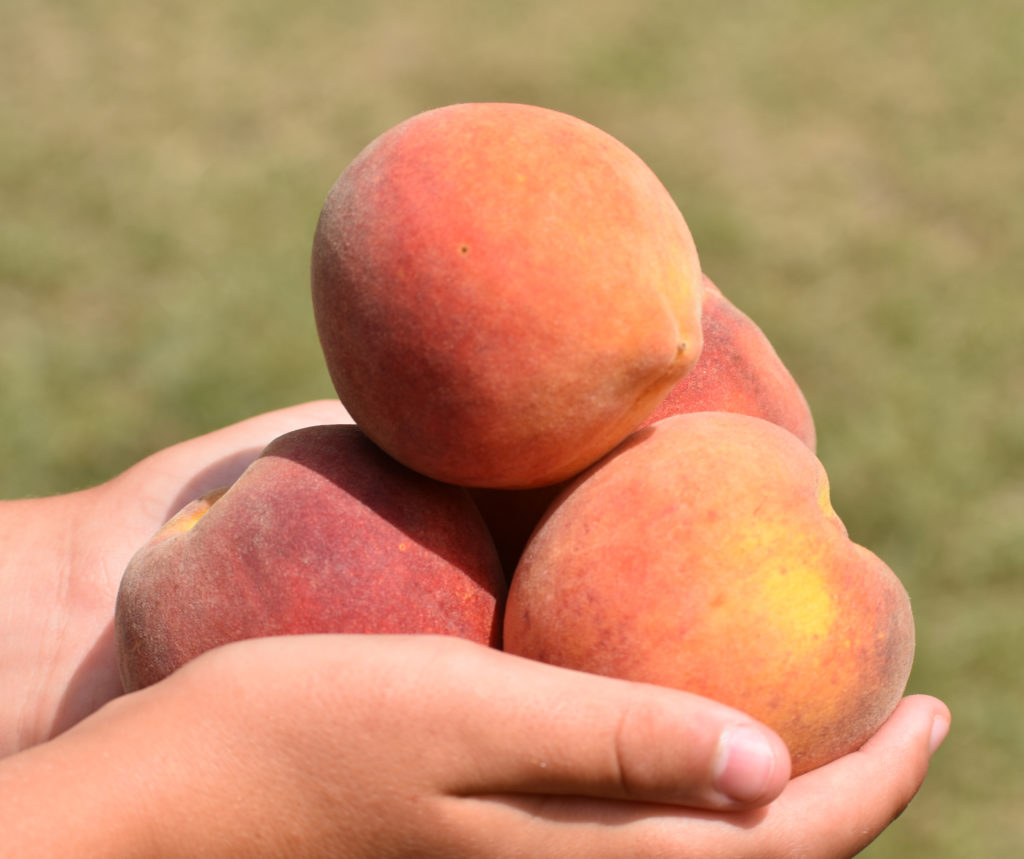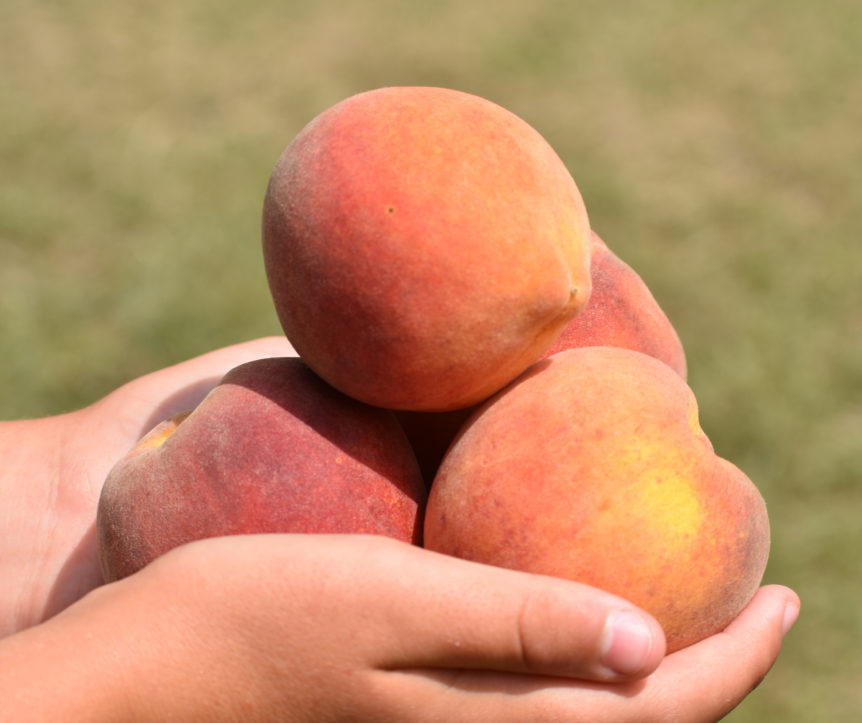
By Clint Thompson
Georgia’s peach producers rebounded this year with a bumper crop. A big reason for their success was the lack of disease pressure prevalent in peach orchards this year.
The prolonged drought during the early summer led to a reduction in diseases that are normally problematic for growers, says Phil Brannen, University of Georgia Cooperative Extension fruit disease specialist.
“It’s been a relatively benign year for diseases on peaches, again mainly because it’s been so dry for a good portion of the time,” Brannen said. “Some of the diseases that could have come in early and then shown up later, we did have some of those. For example, we had some bacterial spot. Some of that came from a period of time where we had a lot of rain in the spring before it got dry. But still, overall, that’s been a lot less than we could have had. It was dry enough to where we didn’t have horrible problems with that particular disease.
“Brown rot, which is our primary disease, and then scab on peaches, commercially, they were virtually not existent. Even on my research trials up to this point, we’ve had a hard time getting any disease to develop. That’s starting to change again with all of the rain we’re getting now. We’re going to see some disease, but up to this point, we’ve had virtually no brown rot, very little bacterial spot, some anthracnose.”
Dry Summer
According to the latest release of the U.S. Drought Monitor, most of central and northern Georgia is experiencing some level of drought, ranging from abnormally dry to severe drought. That followed a couple of weeks of much-needed rainfall. Peach farmers did not experience excessive rainfall this summer which spared their crop from disease buildup.
“Most of the time with summer rains, and even with, like a rain every week, we’ll have enough moisture where fungal organisms can impact fruit, and bacteria can also do the same. We’ll always have some disease, but this year it was just so dry for a long period of time, it really did impact our disease levels,” Brannen said.










